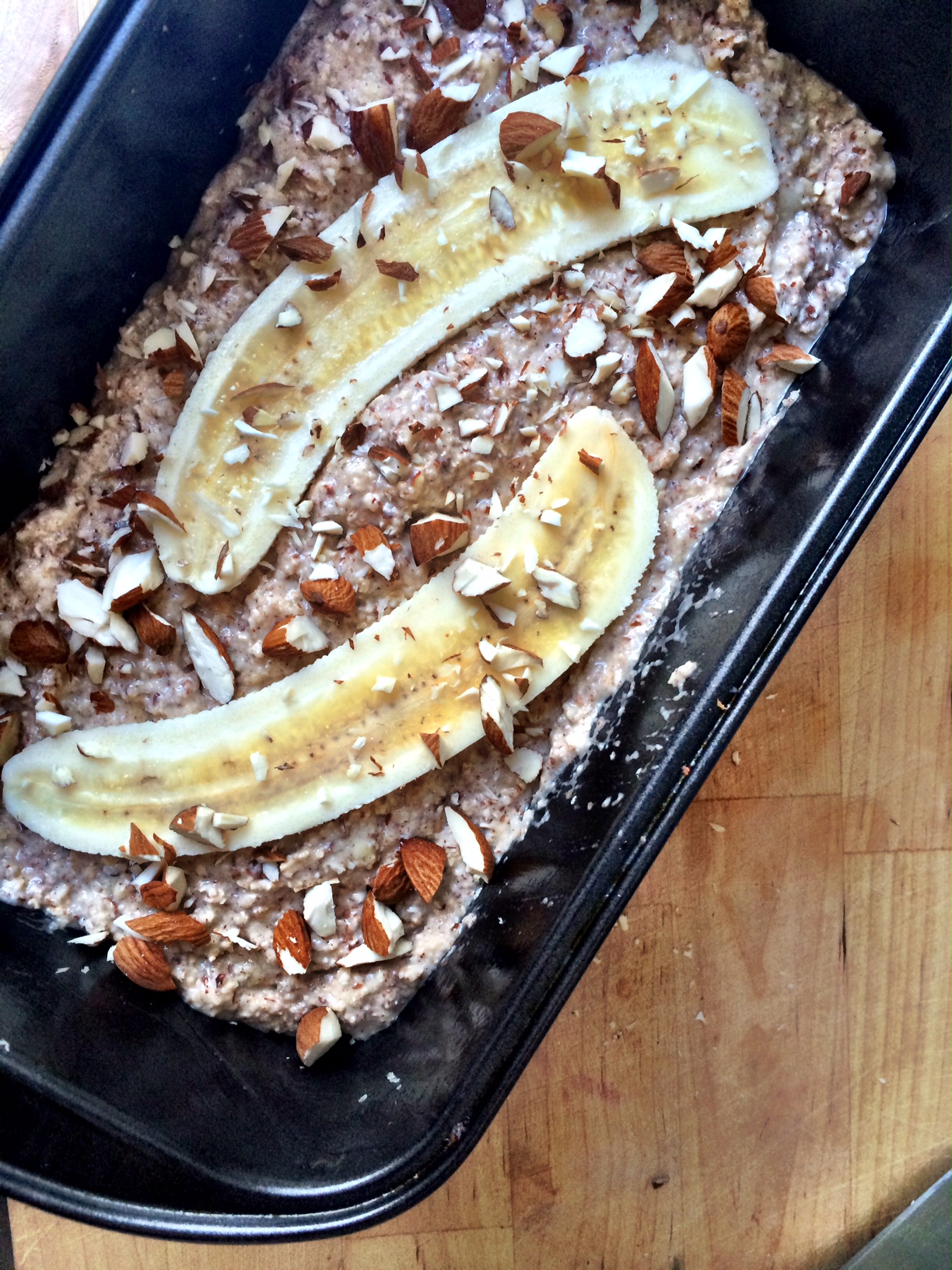If you’re into health, and in particular your own gut-health, chances that you’ve heard about Inflammation and why it’s important to eat an anti-inflammatory diet would be big.
So, what is inflammation all about?
Your immune system becomes activated when your body recognises anything that is foreign – such as bacterias (good or bad). This often triggers a process called inflammation. Intermittent bouts of inflammation directed at truly threatening invaders protect your health – that’s what we have our immune system for.
However, sometimes inflammation persists, day in and day out, even when you are not threatened by a foreign invader. That’s when inflammation becomes your enemy. Many major diseases that that is rising worldwide – including cancer, heart disease, diabetes, arthritis, depression, and Alzheimer’s – have been linked to chronic inflammation, according to studies conducted by leading researchers.
To paint the picture clearer; imagine if you kept training an exact same injured muscle every single day without getting enough rest time to let your body repair between workouts. The inflammation would never go down, because you’d constantly be re-injuring yourself.
That’s exactly what happens if you keep irritating your gut lining (for example, with foods you’re sensitive to or that isn’t healthy for our bodies). The injury is constantly being repeated, three meals a day (or more) 365 days a year.
Acute inflammation isn’t a problem if the inflammatory response flares up and then dies down. But chronic inflammation can actually be a symptom that causes problems of its own.
Sometimes it’s hard to tell the cause from the effect: most chronic diseases come along with inflammation, but is it the inflammation that causes the disease, or the disease that causes the inflammation? But for at least a few, there’s some evidence that inflammation is actually the cause.
What are the causes of inflammation?
Lots of factors are in play when it comes to inflammation in the body and they can cross-trigger each other, too, however below are a few of well-known causes that trigger inflammation in the body and chronic inflammation if the causes persist day in and day out:
- Physical Stress
- Psychological & Emotional Stress
- Pathogens (fungi or bacteria)
- Diets high in saturated fats, sugars, refined carbohydrates & processed foods.
- Alcohol
- Smoking
What are the symptoms of inflammation?
- Tiredness
- Fatigue/Chronic Fatigue
- Psoriasis/Dermatitis/Eczema
- Acne
- Digestive Issues
- Bloating/Pain
- Swelling & Pain in Joints
- Depression
- Heartburn/Reflux
- Persistent Headaches/Migraines
- Brain Fog
The list can continue. Studies are becoming more and more plentiful and confirms that inflammation in the body really does lead to many of the chronic diseases we deal with in todays day & age.
How can we get rid of inflammation?
The good news is that inflammation in the body is reversible, and it’s possible to do so without medication. The best shield for inflammation in the body that we have available to us, is right in front of our noses, and it’s our everyday diet choices that we make for ourselves and our bodies.
Particular fruits and vegetables such as blueberries, apples, and leafy greens that are high in natural antioxidants and polyphenols – protective compounds found in plants – have a proven effect on minimising inflammation in the body.
Studies have also associated nuts with reduced markers of inflammation. Even coffee, which contains polyphenols and other anti-inflammatory compounds, may protect against inflammation, as well.
To reduce levels of inflammation, you want to aim for an overall healthy diet. In addition to lowering inflammation, a more natural, less processed diet can have noticeable effects on your physical and emotional health, like improving mood and overall quality of life.
What are some anti-inflammatory foods I can incorporate into my diet?
There are many, but just remember that you want to remove many of the inflammatory foods from your diet that continues to cause havoc whilst you increase these anti-inflammatory foods. If you can eat organic I highly recommend this, as chemicals can cause inflammation in the body just as easily as a poor diet. If you cannot afford buying organic, try buying local produce at your locals farmers market or fruit & veg supplier. Always remember to wash your produce properly before consuming it.
- Green Leafy Vegetables (Spinach, Watercress, Kale, Lettuce, Collard)
- Other Vegetables (Tomatoes, Broccoli, Cauliflower, Radishes)
- Colourful Fruits (Strawberries, Blueberries, Lemons, Oranges, Raspberries, Grapefruit)
- Nuts (Pecans, Walnuts, Almonds, Hazelnuts)
- Spices (Ginger, Turmeric, Curry, Basil, Cinnamon, Rosemary, Thyme)
- Fatty Fish (Tuna, Salmon, Mackerel, Cod)
- Healthy Oils (Olive, Coconut, Avocado, Flaxseed)
- Tea (White & Green Tea, Turmeric, Ginger, Licorice)
- Mushrooms (Shiitake, Oyster, Wild)
- Filtered Water
- Raw Chocolate
- If drinking; Red Wine (in moderation)
A lot of the time, the power lies with us to reverse chronic diseases and create a better and healthier life for ourselves.
The only questions is; will you take it or not?






Thanks Anna for your informative yet understandable words! What tests can we ask to be done to check for inflammation?